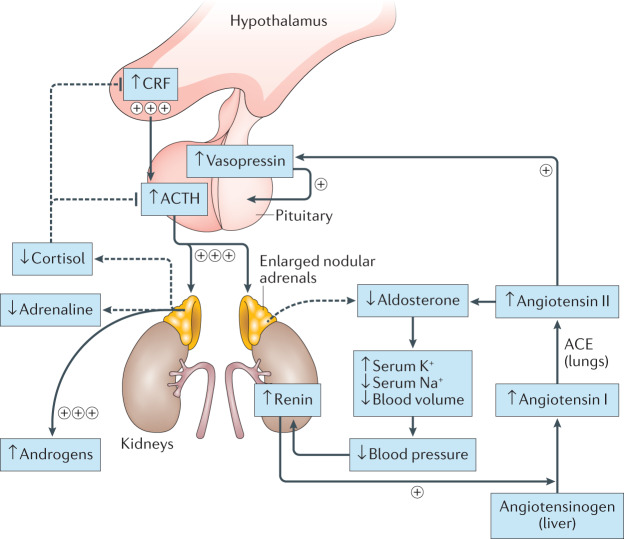Fig. 1. Hormonal alterations in classic CAH.
In congenital adrenal hyperplasia (CAH) due to 21-hydroxylase deficiency, reduced circulating levels of cortisol increase the hypothalamic secretion of corticotropin-releasing factor (CRF) and pituitary production of adrenocorticotrophic hormone (ACTH), and decrease adrenomedullary adrenaline secretion. Elevated ACTH drives adrenocortical hyperplasia and uninhibited synthesis of adrenal androgens. The renin–angiotensin–aldosterone system regulates blood pressure as well as fluid and electrolyte balance and is not directly under the influence of ACTH. However, volume depletion and salt loss from aldosterone insufficiency in CAH leads to an increase in circulating levels of angiotensin II, which in turn stimulates vasopressin secretion. Vasopressin acts synergistically with CRF to augment ACTH release. The dashed lines indicate processes that are blunted in CAH. Plus symbols indicate processes that are enhanced in CAH; processes with three plus symbols are greatly enhanced and those with one plus symbol are mildly enhanced. ACE, angiotensin-converting enzyme.

